Have you ever heard the expression “you are what you eat”? This proverb encapsulates millennia of scientific research on health, diet, and genetics.
The food we consume has an influence on more than simply our weight and look. The nutrition we acquire from food is digested and converted to energy, but it also helps to develop the structural parts of our bodies that keep us healthy and active in the long run.
Our brain is one of the most significant structural aspects of the human body. It consumes a large amount of our energy to be functioning and attentive, and if it isn’t properly fueled, it may soon become dull and sluggish, making it difficult to concentrate or think effectively.
The healthiest brain meals have been demonstrated to help prevent cognitive loss by maintaining mental function. They accomplish this in a number of ways. Some meals help to boost blood flow to the brain, while others aid to enhance cell connections or reduce oxidation, inflammation, and other stresses that prevent the brain from performing at its best.
So, what should you consume to improve your brain function and safeguard the long-term health of this vital organ ? Continue reading to learn more.
Which Foods Are Beneficial to the Brain ?
There are several foods that are good for the brain. Today, we’ll look at ten of our favorite foods for brain health and explain why they’re so good. The majority of them are a natural element of any plant-based, whole-grain diet.

- Oily Fish
Omega-3 fatty acids, found in fatty and oily fish, are an important component of good brain function from birth to old life. These omega-3 fatty acids are essential for the development of healthy cell membranes, which aid communication between brain cells. The more linked our brain cells are, the easier it is to learn new things, improve our memory, and do a variety of other tasks. Salmon, cod, pollack, and tuna are some of the most common omega-3 fatty acid sources.
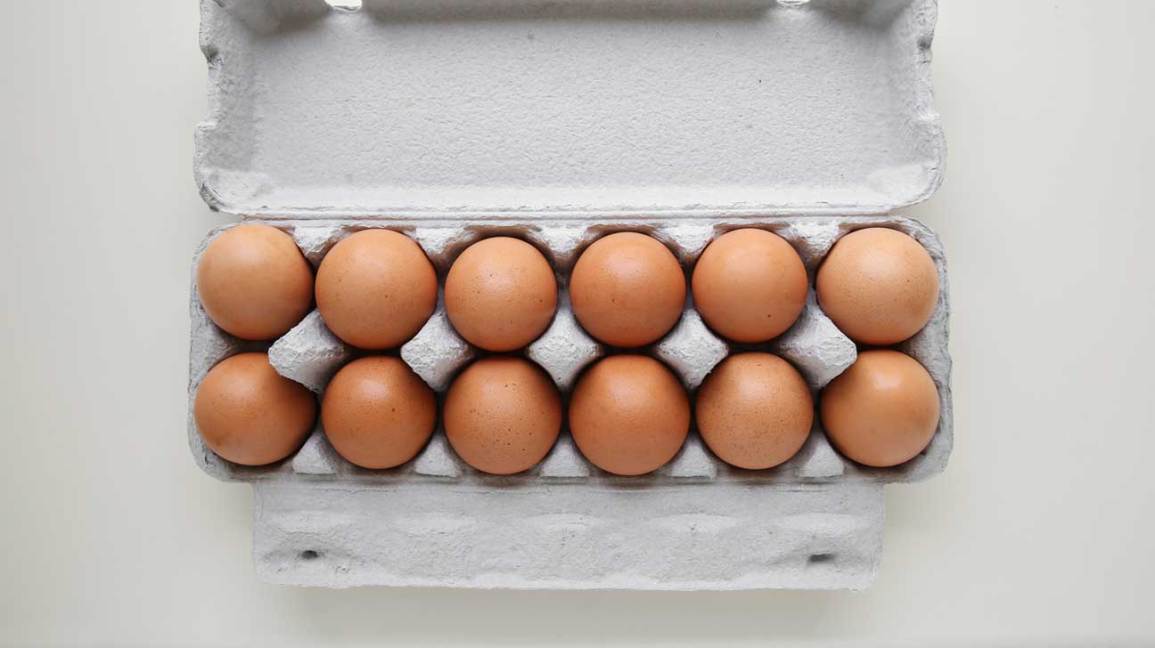
- Eggs
Eggs are a nutrient-dense food that may be cooked in a variety of ways. They’re high in B vitamins, as well as the minerals choline and lutein, which assist the body produce neurotransmitters that aid cognitive function.
Choline is a nutrient that our bodies cannot generate, thus it must be obtained through food. The great majority of Americans are thought to be deficient in choline, which can have an influence on cognition, especially as we age. Because the egg yolk contains the most choline and lutein, it’s crucial to eat entire eggs frequently even if you’re attempting to lose weight.
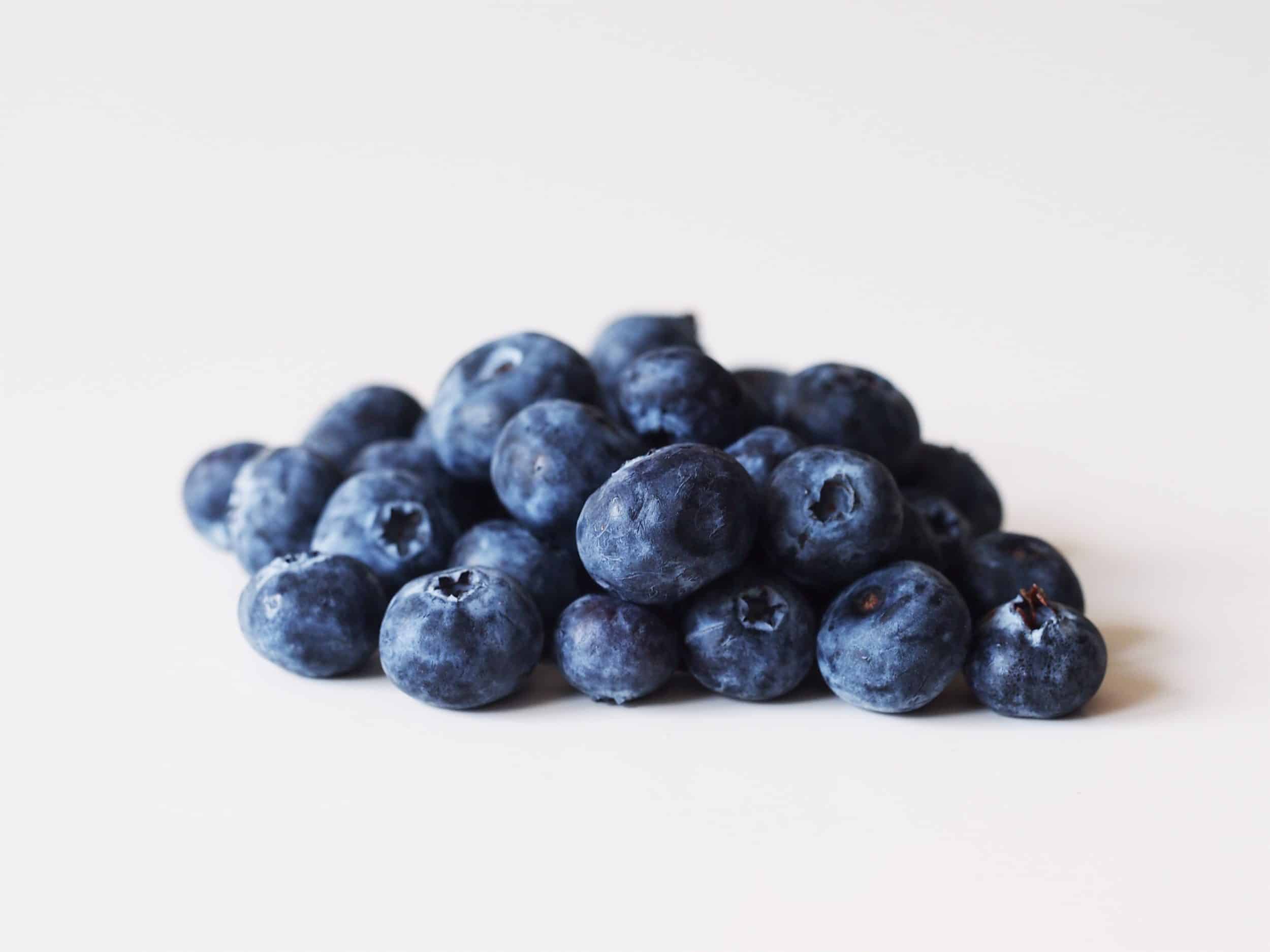
- The blueberry
Blueberries are wonderful, yet they’re also high in antioxidants that help the brain. Antioxidants aid in the reduction of oxidative stress and inflammation in the brain, limiting the damage that can lead to neurodegenerative disorders. Blueberries have been found in studies to aid in the formation of extra cells in the hippocampus, a brain region crucial for memory.
They’re great on their own or in whole-grain baked products like muffins, pancakes, and quick breads.
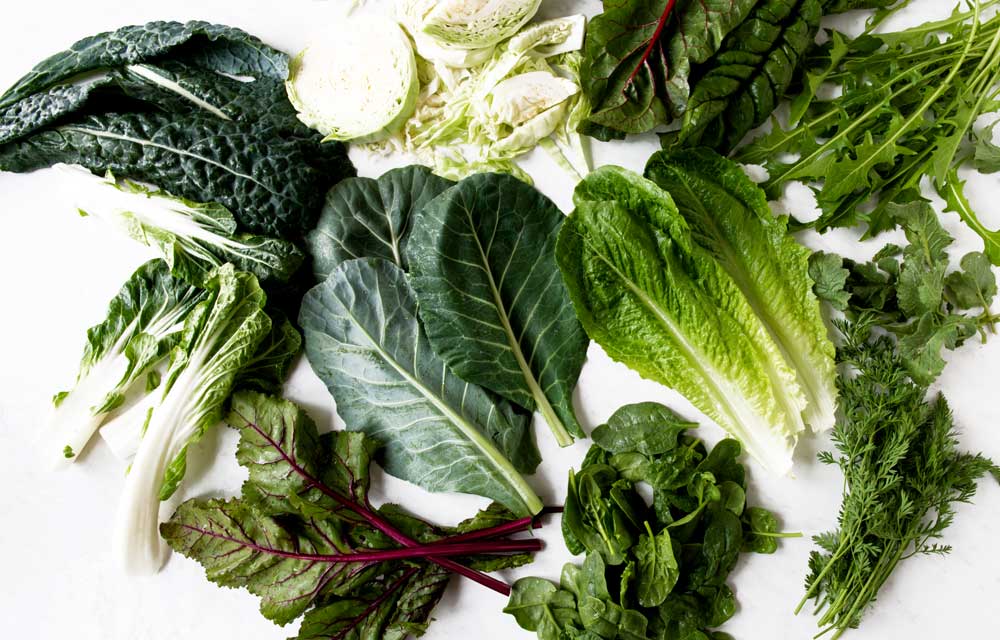
- Vegetables with Leaves
Leafy green vegetables, the most popular of which are spinach and kale, provide a variety of vital vitamins.
Some of these vitamins, such as lutein, can also be present in common brain foods such as eggs. Others, such as folate, beta carotene, and vitamin K, are abundant in these veggies, making them an essential component of any healthy diet.
Vitamin K, in particular, aids in the preservation of energy-boosting fat inside brain cells, resulting in improved memory and other cognitive functions.
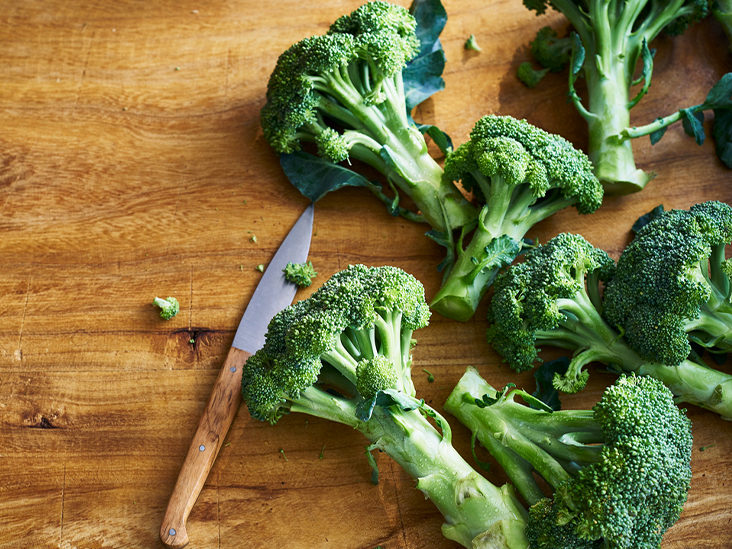
- Broccoli
Broccoli includes many of the same vitamins as leafy green vegetables, but it also includes glucosinolates, a group of unique chemicals. These molecules, which can also be found in other cruciferous vegetables such as Brussels sprouts and cabbage, are metabolized by the body into a chemical that helps the brain fight oxidative stress. This reduces a person’s chances of developing degenerative brain disorders such as Alzheimer’s and Parkinson’s.
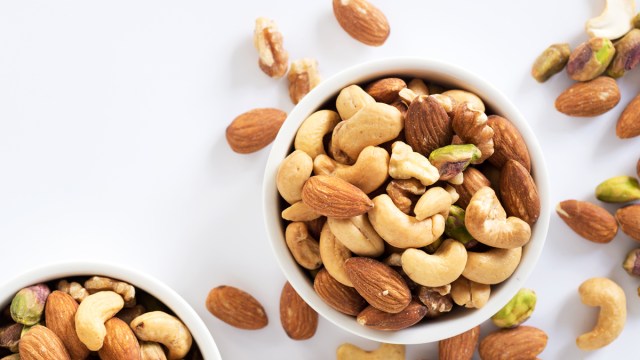
- Nuts
Almonds and hazelnuts are two of the most significant nuts to consume for optimal brain function. These tasty almonds are high in vitamin E and include some of the same omega-3 fatty acids found in fish, which aid with brain function.
Vitamin E’s effect on Alzheimer’s disease has been investigated, and scientists have discovered a link between a higher vitamin E consumption and a reduced risk factor for the condition.
If you’re allergic to nuts or can’t afford this pricy snack on a daily basis, sunflower seeds or peanuts provide some of the same advantages.
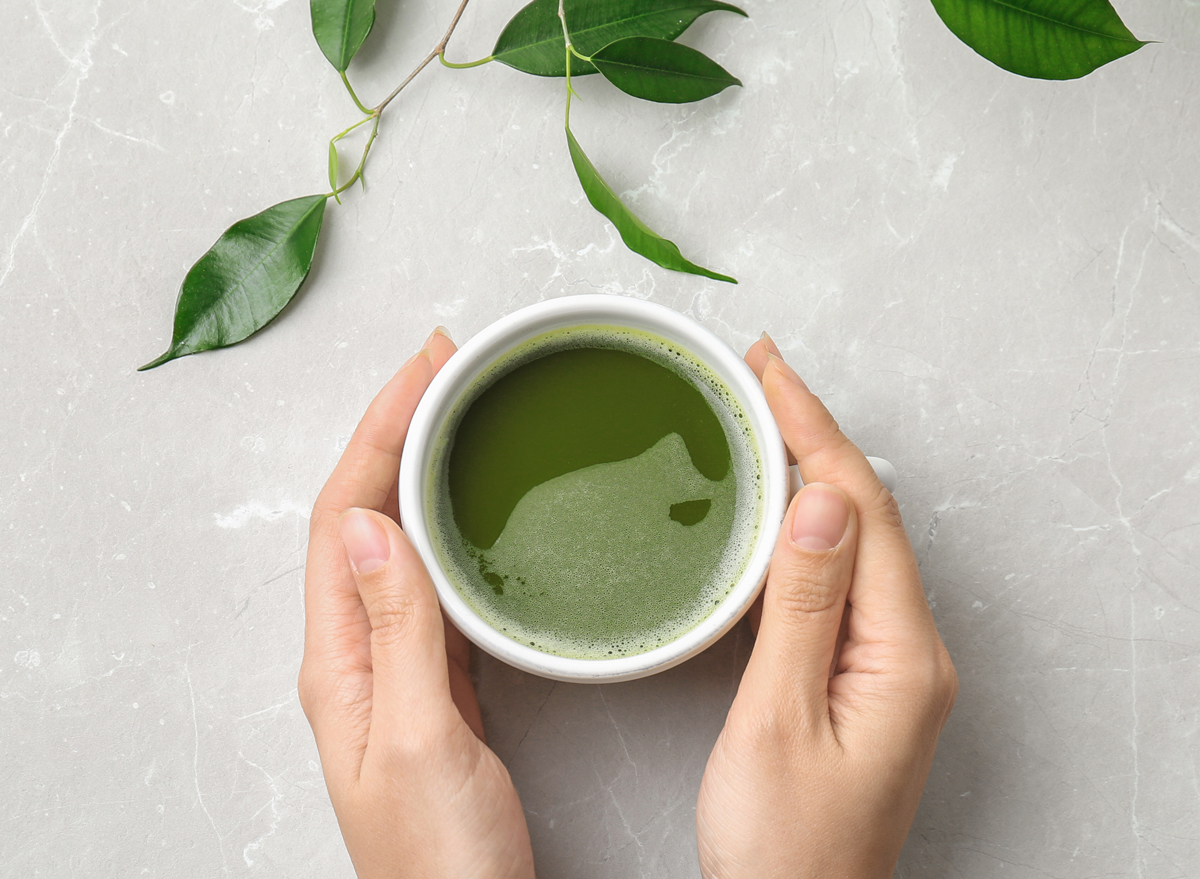
- Green tea
Caffeine in tea and coffee improves short-term alertness and attention, but it has also been intensively researched for its impact in long-term brain performance.
Caffeine has been demonstrated to help us establish new memories and process information faster, according to Johns Hopkins University researchers.
Green tea is an excellent way to get your daily caffeine fix because it includes a lot of antioxidants in addition to caffeine. It’s also been demonstrated to improve metabolism, which may aid weight loss in certain people.
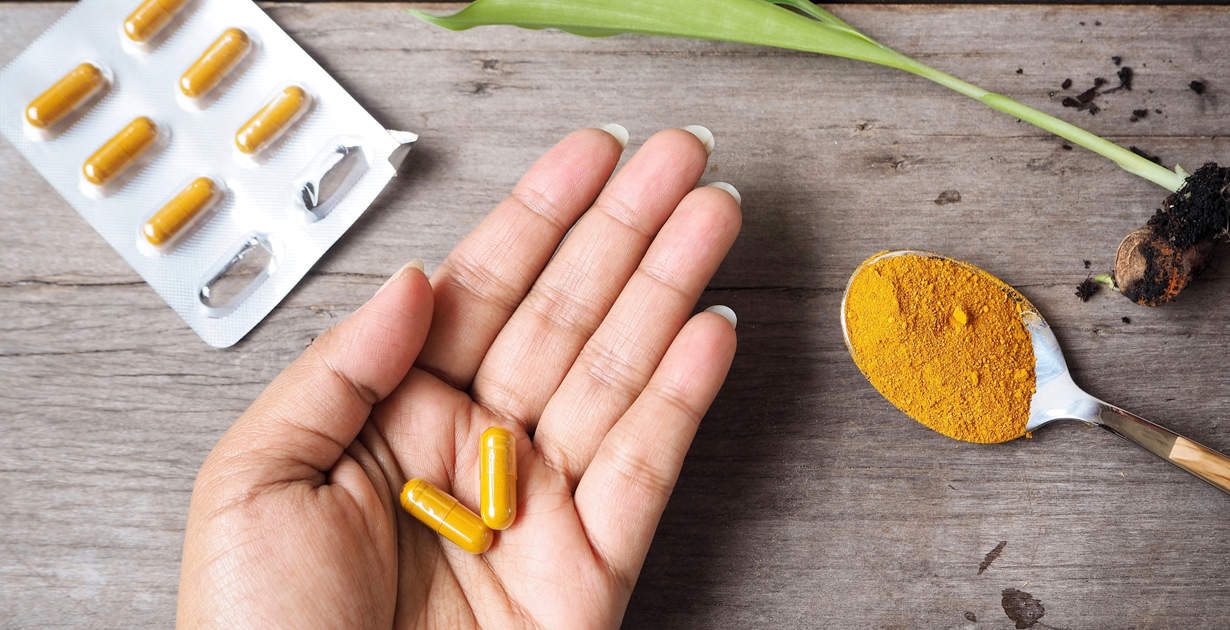
- Turmeric
If you don’t prepare Indian food very regularly, you might not be familiar with turmeric. Turmeric has long been regarded as a valuable spice and medicinal plant due to its ability to decrease inflammation and oxidation throughout the body.
Curcumin, the main element in turmeric, inhibits a crucial molecule that plays a role in our bodies’ inflammatory response to stress and other unpleasant stimuli. This keeps the brain operating at its best and reduces the chance of developing brain illnesses.
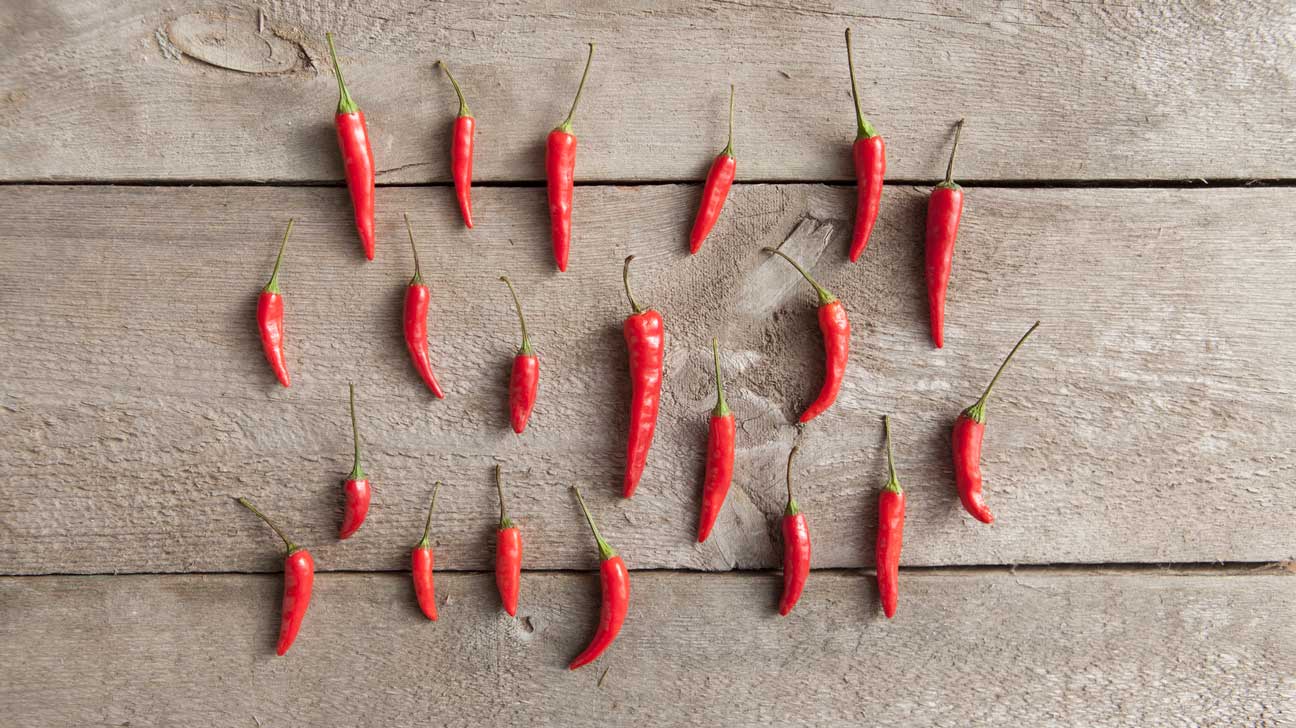
- Chili peppers
Vitamin C, which is abundant in colorful bell peppers, is an important ingredient for cognitive function. Our bodies will struggle with a variety of brain-related processes if we don’t get enough vitamin C, such as processing emotion, response, and cognition. A single red bell pepper provides 169 percent of our daily vitamin C need.
Vitamin C, which is abundant in colorful bell peppers, is an important ingredient for cognitive function. Our bodies will struggle with a variety of brain-related processes if we don’t get enough vitamin C, such as processing emotion, response, and cognition. A single red bell pepper provides 169 percent of our daily vitamin C need.
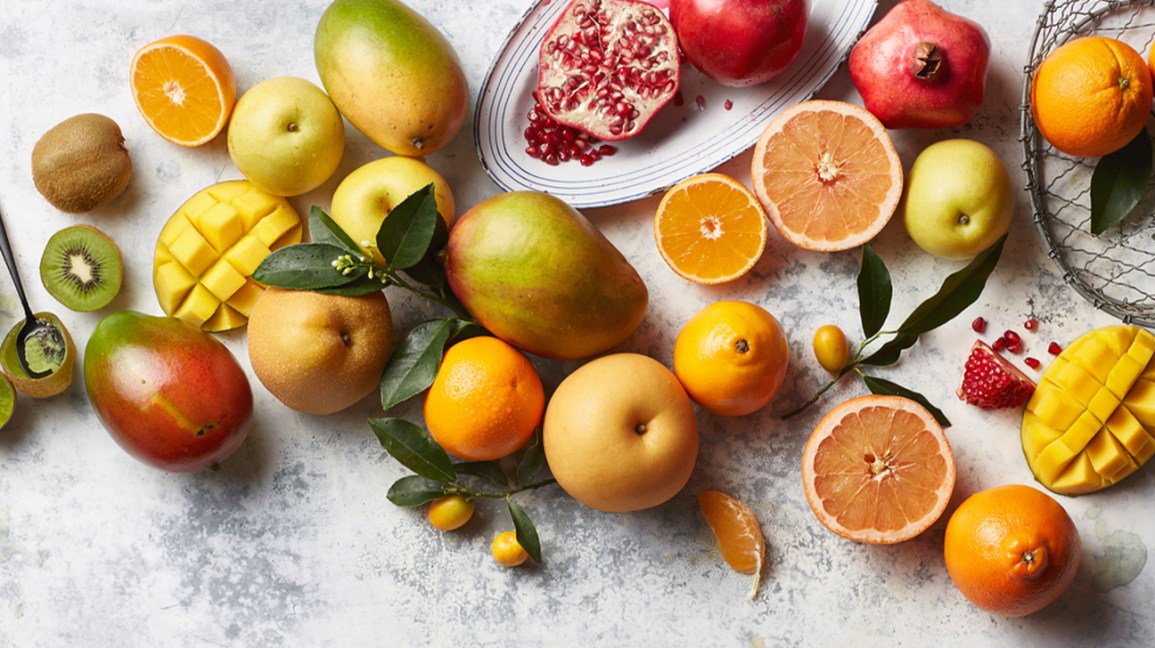
- Fruit
Fruit is a delectable addition to any healthy diet. Fruits high in vitamin C, such as oranges, kiwis, lychees, persimmons, papayas, and strawberries, should be consumed in large quantities. One orange may provide nearly 80% of your daily vitamin C requirements. They also include a lot of fiber and other important vitamins for a healthy brain and body.

